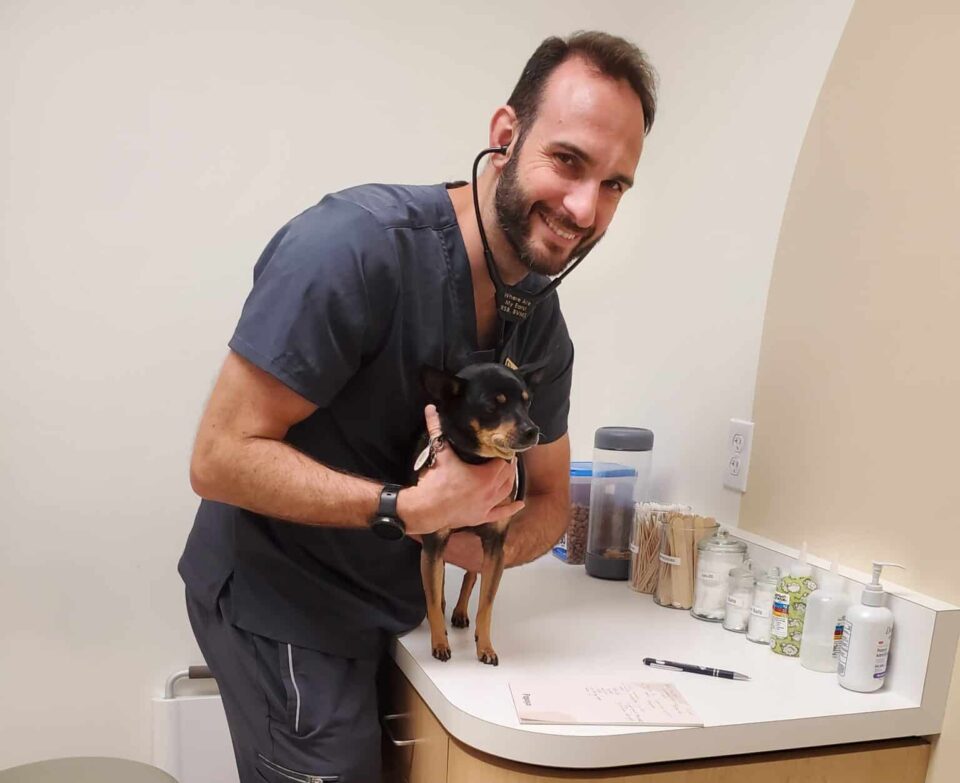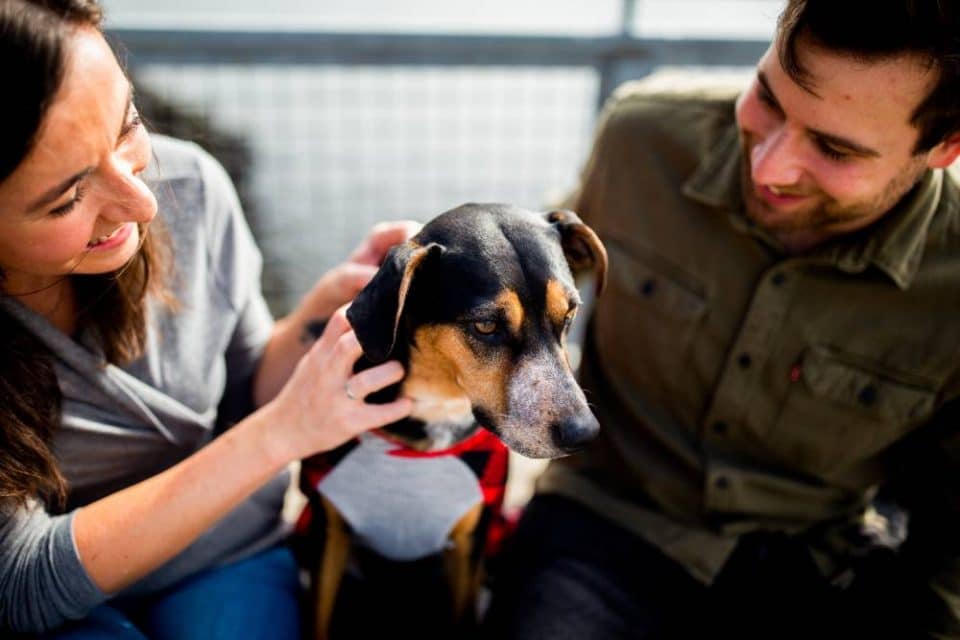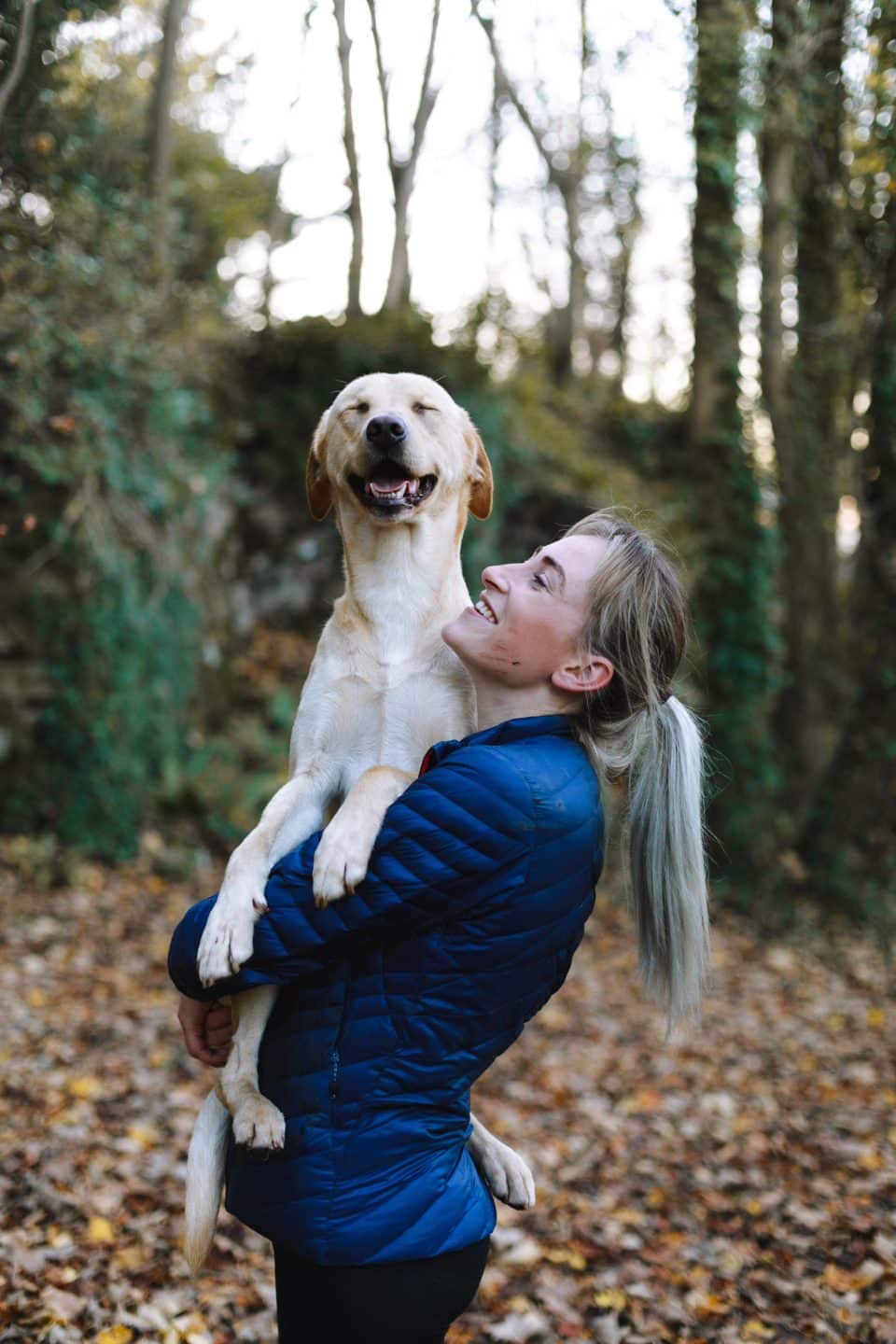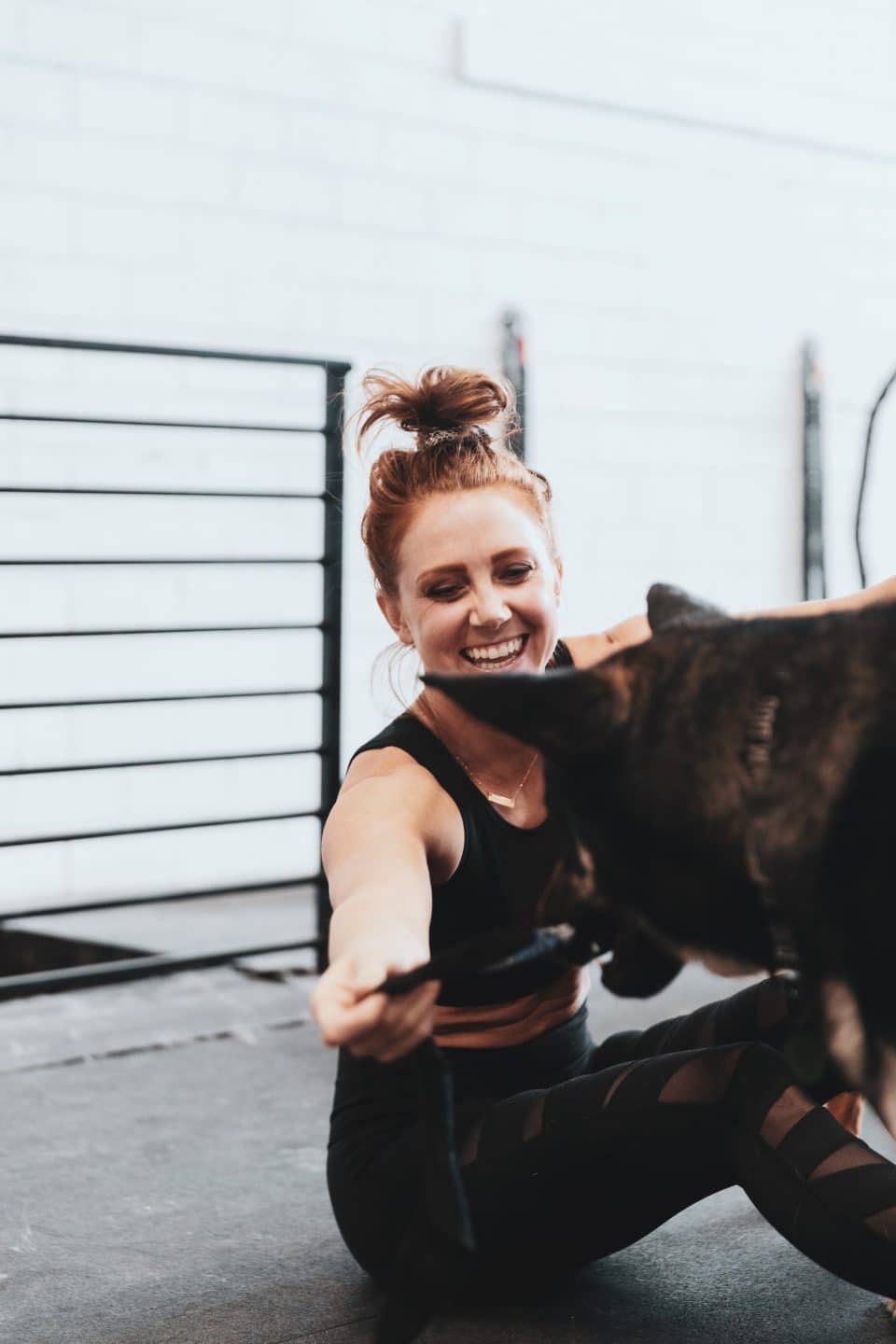Dogs
4 min read
Canine Respiratory Illness Update – Autumn 2023
Published on Nov 29, 2023
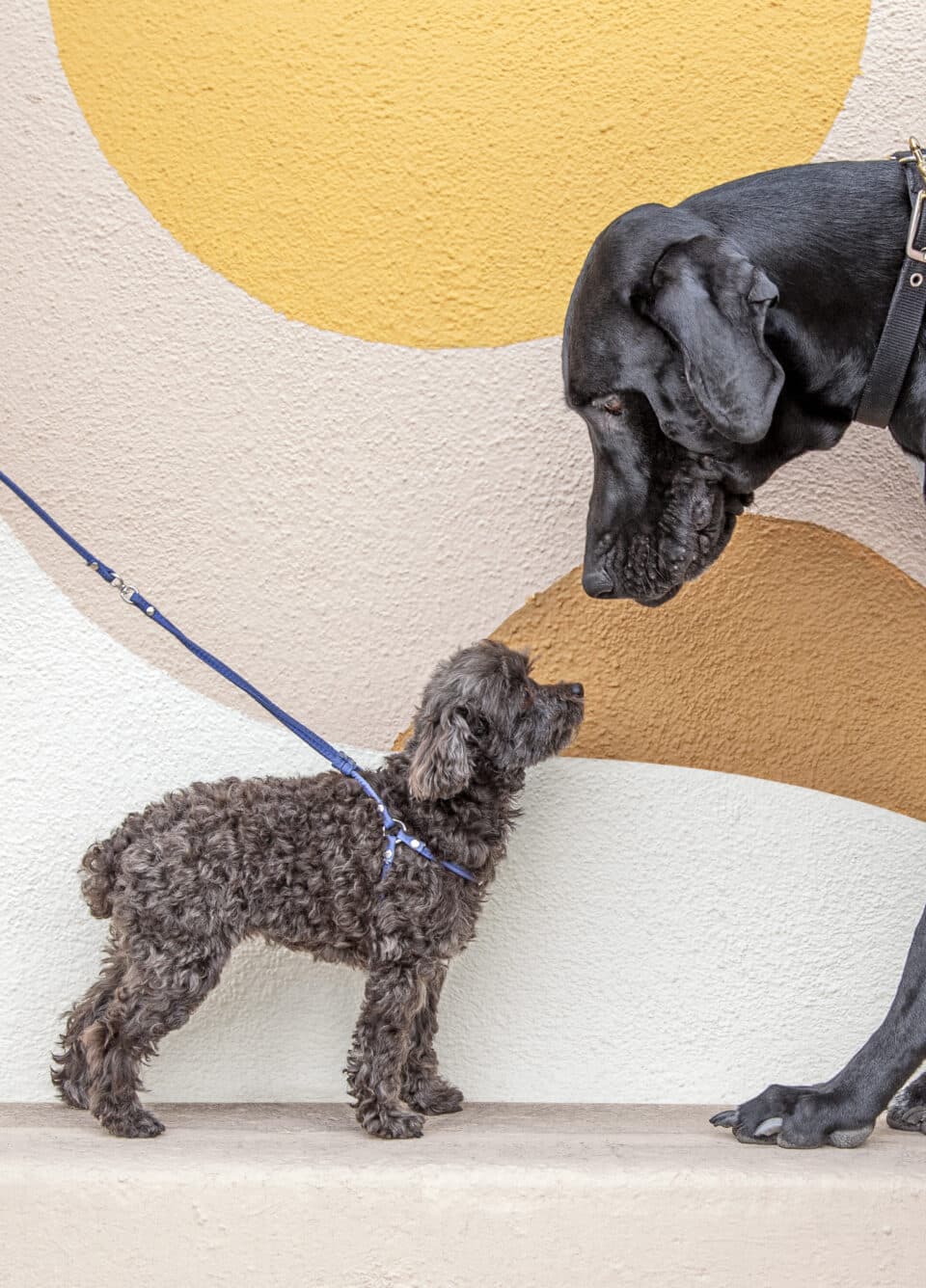
You may have been hearing about the new mystery respiratory illness that’s been affecting dogs. Let Papaya Veterinary Care provide some insight into what’s going on, and what you can do to ensure your pets stay safe! One of our Carmel Valley, San Diego veterinarians, Dr. Jessica Dugan, weighs in below.
Background on Canine Respiratory Illness
Most respiratory infections that occur in dogs include strep infections or canine infectious respiratory disease complex (CIRDC). The San Diego Humane Society (SDHS) recently had to close its doors to new dogs due to an outbreak of a Streptococcal infection at their shelter. Some of the dog population also suffered from an additional mixed infection with Mycoplasma, creating a more severe respiratory disease. Both strep and the mixed Mycoplasma infection are caused by bacterial agents. While they are primarily spread through direct contact, strep infections can be spread via contaminated surfaces and airborne exposure as well. These infections are mostly seen in crowded shelters or other facilities where dogs are closely housed and stressed. Strep infections can be seen in conjunction with Canine Influenza Virus (CIV) or Canine Distemper Virus (CDV).
Symptoms to Look Out for – Strep Infections
Clinical symptoms to look out for in dogs are a fever, nasal discharge, and moist cough. As the disease progresses, dogs become lethargic, showing little interest in food or daily activities. The nasal discharge may escalate to a bloody nasal discharge. Should strep infections be left untreated, dogs may experience a rapid onset of severe pneumonia. The good news? Streptococcus bacteria can be cured with common antibiotics such as penicillin, ampicillin and enrofloxacin. Should you be concerned that your dog may be showing signs of a strep infection, book an urgent care visit at our Carmel Valley, San Diego location today: Book an Urgent Care Visit Here.
Rest assured, in our population of individually owned dogs, it is rare to see this type of infection. Dog owners should, however, use caution bringing new dogs or visiting dogs into their household. Often, we see a milder form of respiratory illness due to visiting furry friends. Most often, this milder respiratory illness is commonly termed “kennel cough” or Canine Infectious Respiratory Disease Complex (CIRDC) which can be caused by the bacteria Bordetella bronchiseptica or a mixture of bacterial and viral pathogens. This type of infection spreads through respiratory droplets in the air.
Symptoms to Look Out for – CIRDC
The clinical signs of uncomplicated CIRDC include a honking cough and gagging up phlegm. Most dogs with a good immune system and regular vaccination for Bordetella and Canine Influenza will show milder signs and can overcome the infection without medication. Others may need antibiotics for 7-10 days and a cough suppressant or expectorant. Should you recognize these symptoms in your pet, it is important to isolate any coughing dog as well as you can to prevent spreading to other dogs in the household. Dogs with a cough should not go to day care or dog parks and while on walks, should not be allowed direct contact with other dogs. If you’re unsure if your dog may require medication or not, reach out to your veterinarian for guidance.
What Remains Unknown
Recently in Oregon, an outbreak of an atypical form of Canine Infectious Respiratory Disease Complex has been seen in several dogs. The exact type of bacteria or virus that is causing the outbreak is unknown at this point. The infection presents clinical symptoms of coughing, sneezing, nasal or eye discharge and lethargy. In general, veterinary authorities in Oregon have seen a 6-to-8-week duration of illness with some dogs developing pneumonia.
What You Can Do
If you are planning to travel with your dog, be sure they are up to date on vaccinations and use caution when exposing your dog to an unknown dog population at a boarding facility, dog friendly events or day care. Also avoid communal water bowls and isolate your dog from other dogs if they start to show symptoms of respiratory illness and seek veterinary care immediately.
In conclusion, there are a few respiratory illnesses to be aware of as it relates to your dog this season. Action items for you to take:
- Look out for symptoms such as fever, nasal or eye discharge, cough, sneezing and lethargy
- Take care in isolating any dogs in your household that may exhibit these symptoms
- Use caution in visiting dogs to your household
- Avoid communal water bowls
- Ensure your dog is up to date on all of their vaccinations
Should you need any questions answered, timely vaccinations ahead of travel or have a dog with symptoms that needs urgent attention, book a same-day appointment with Papaya Veterinary Care today!
Sources:
- https://www.sdhumane.org/about-us/news-center/stories/strep-zoo.html
- https://www.oregonvma.org/news/reports-of-severe-canine-infectious-respiratory-disease-in-oregon
- https://www.cliniciansbrief.com/article/canine-infectious-respiratory-disease-complex
– Written by Dr. Jessica Dugan, Veterinarian at Carmel Valley, San Diego



